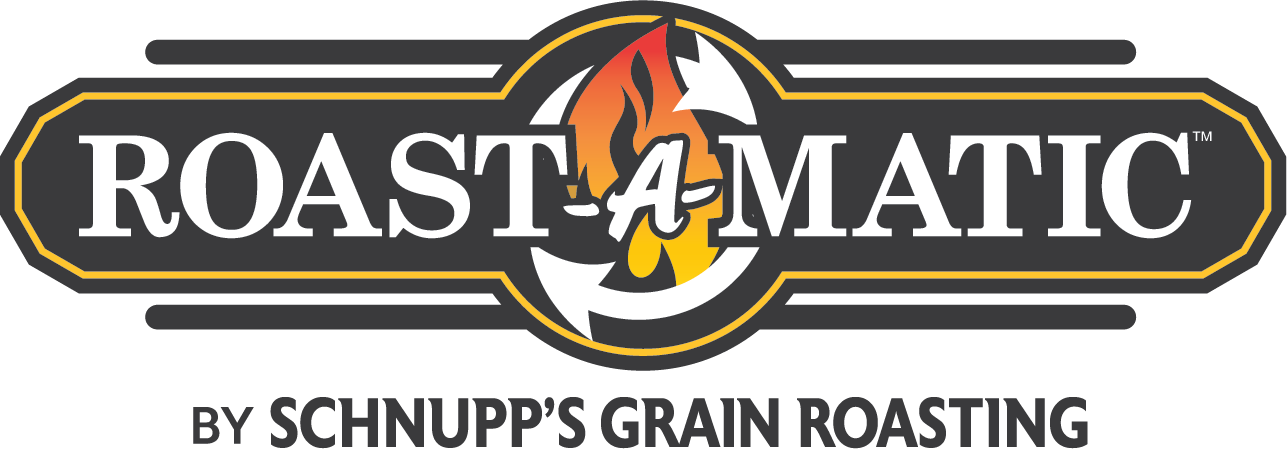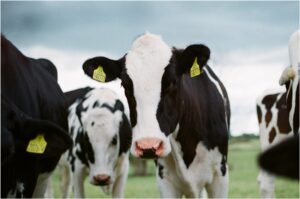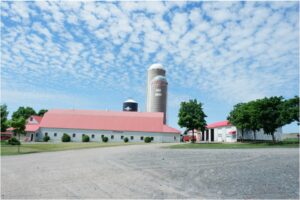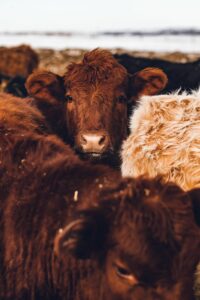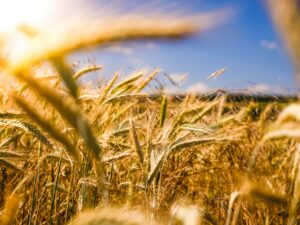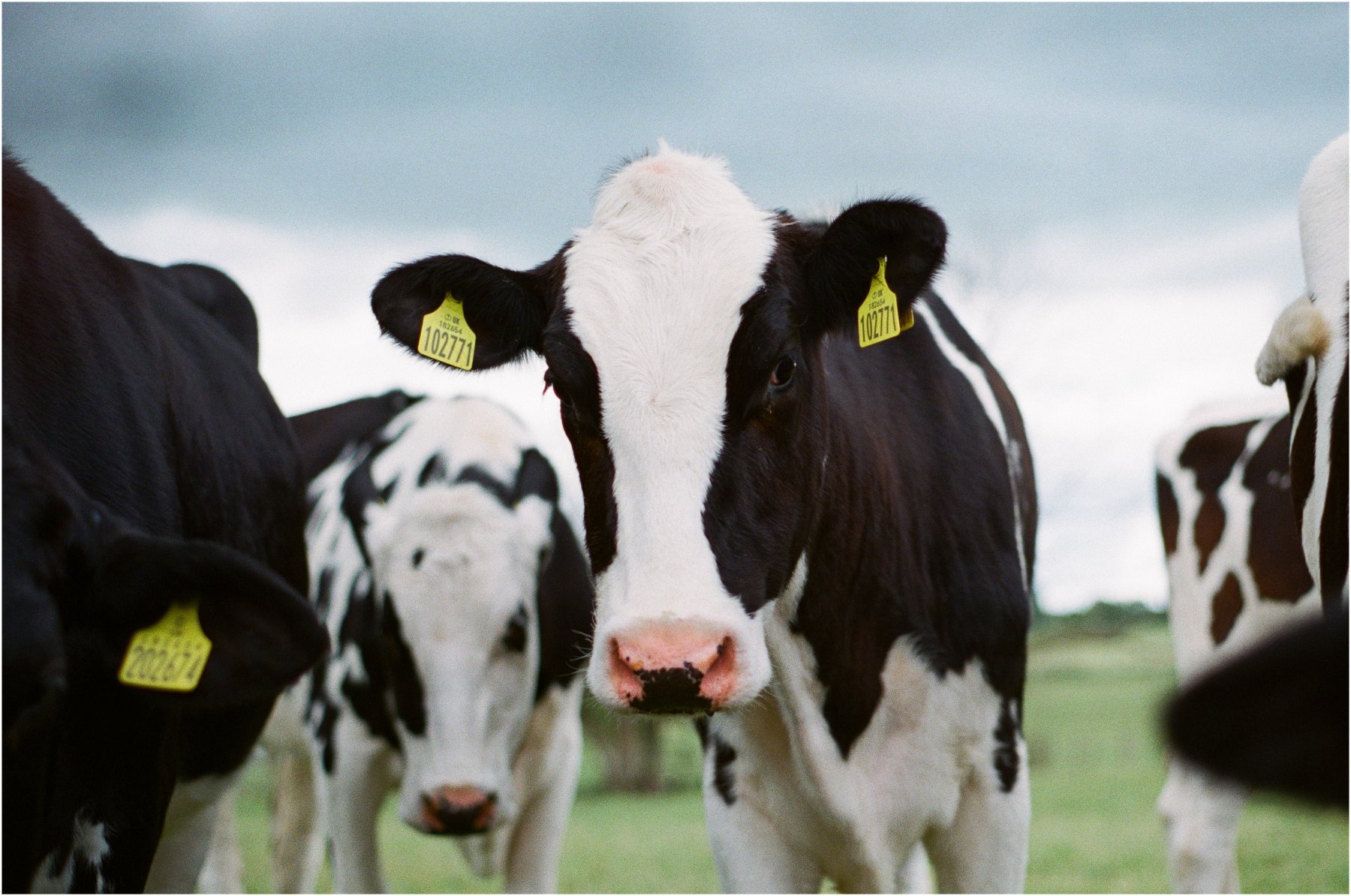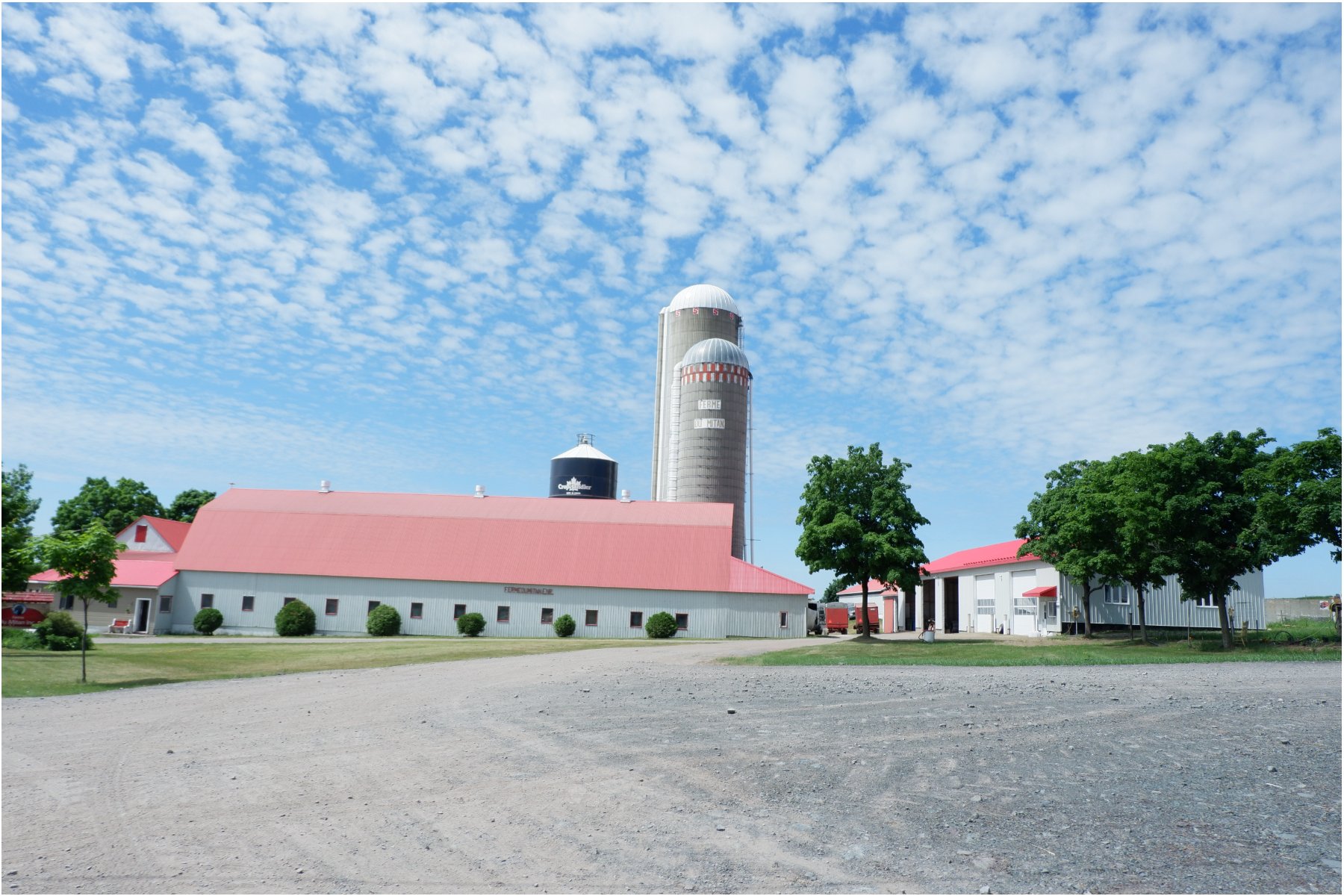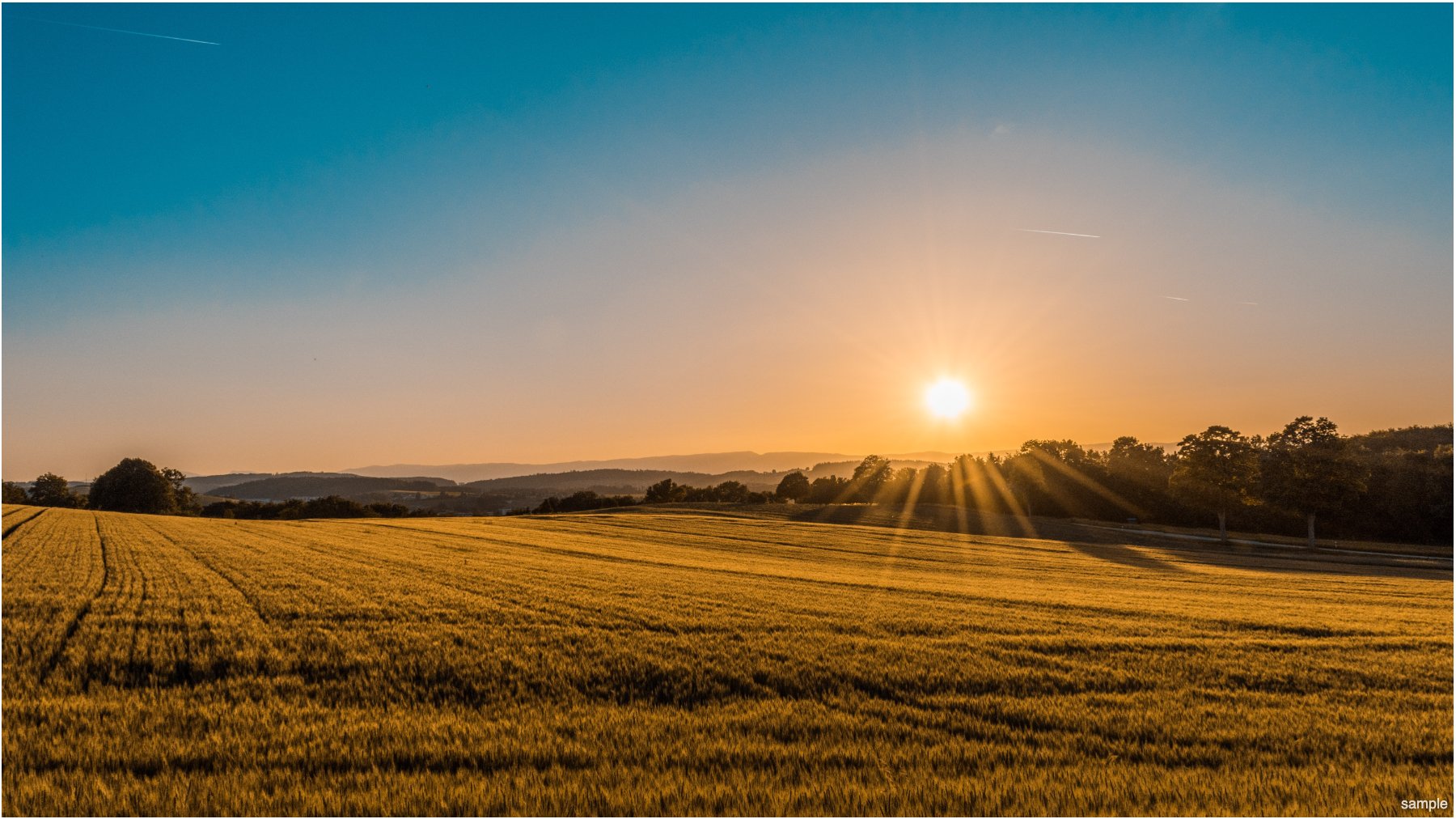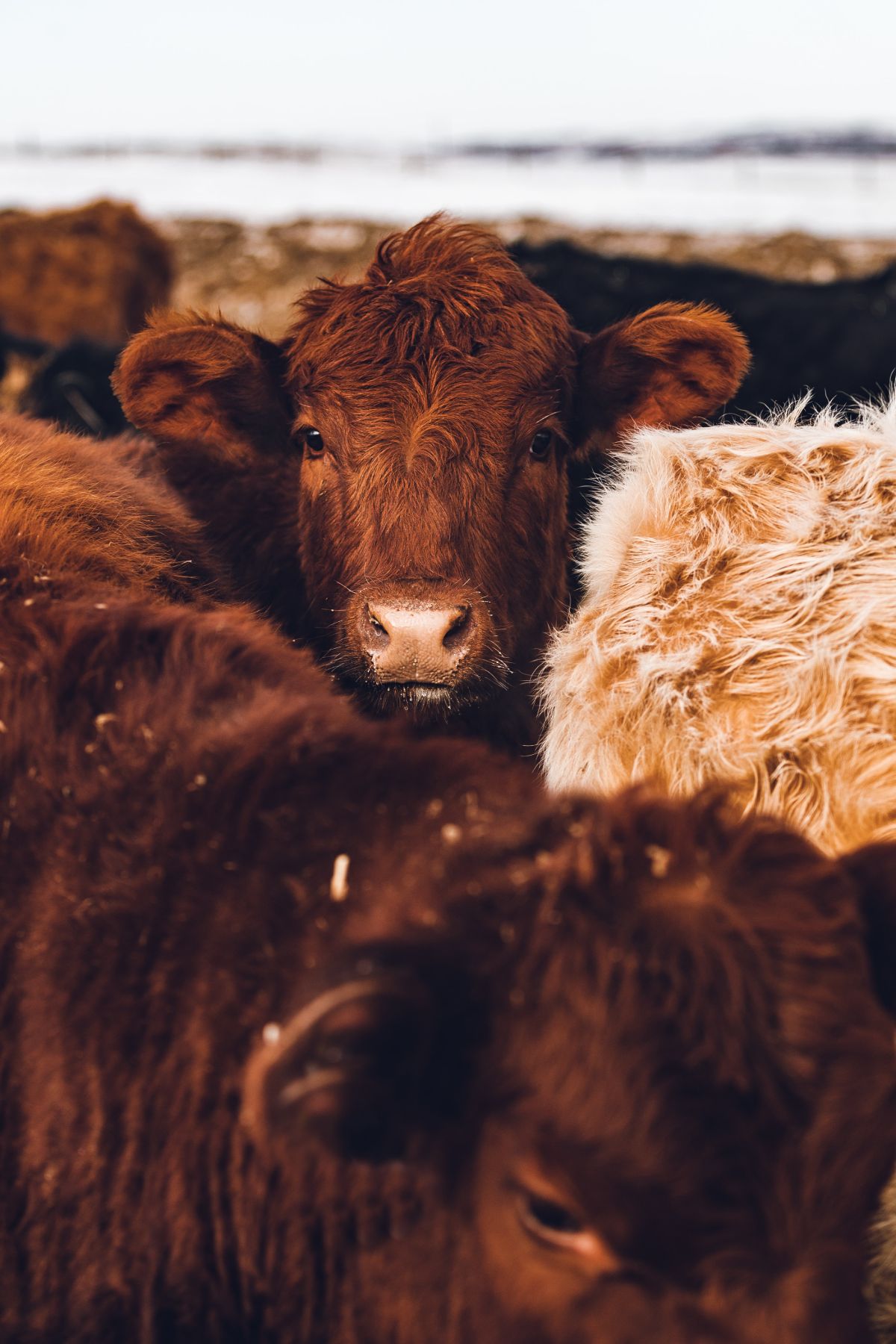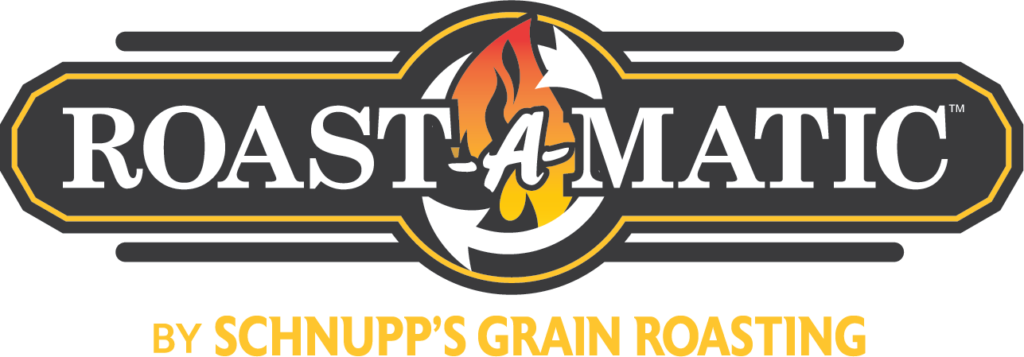If you’re in the market for a grain roaster machine on your farm or operation, now is the time to consider all of your options and do some research into which roaster is best for you. With all the different types of roasters, capacities, prices, and more, the variables that dictate which roaster you go with can reach far and wide.
The two most common types of roasters you will find are propane powered ones and electric versions. While each option has potential advantages and drawbacks, we’re breaking down the ins and outs of each and which is the best option for your needs.
Before we dive into the options, consider why you may benefit from a grain roasting machine at your facility in the first place.
Why Should You Buy A Grain Roasting Machine?
In many cases, farms with on-site grain roasters are in the beginning useful and quickly become irreplaceable. Grain roasting offers many advantages to farms beyond simply eliminating or reducing the need to supplement feed.
Other benefits include:
- Better digestibility – By minimizing molds and toxins, the digestibility level of corn increases.
- Facilitating the treatment – The grain is typically roasted starting from a certain initial moisture content. If the grain to be treated has some higher humidity point, this is first dried and then roasted inside the same machine.
- Higher quality product – During roasting, the product to treat is exposed to high temperatures, significantly reducing the level of harmful toxins for the animals.
- Improve animal health – By introducing a product of the highest quality and high nutritional power, animals grow in excellent health. Healthy moms can produce more milk and ultimately grow healthier over time. They also produce stronger offspring so your next generation of animals can be even better than the last.
- Increase profits – While the machines themselves have an initial investment price, many farms pay off the initial investment in a short time frame. Depending on which roaster type you purchase, the long-term savings benefits can be very evident, too.
So grain roasters can be beneficial in many ways – we get that. But what should you consider when it comes to finding the right machine and roaster type for your farm? Here are some common questions to start with:
How large is your farm or operation?
When choosing the right grain roaster machine for your farm, consider the size of your operation. The size of your farm and the amount of feed you plan to roast will greatly influence which grain roaster you select. Considering your farm’s size and production levels will help you narrow down what you need.
What are your top priorities for the new roaster?
While there are many different options out there, understanding what your priorities are will help you narrow down which roaster is best for your needs. You may want to consider how much you’re wanting to spend on the roaster, will financing options be available with your purchase, what is the long-term cost and potential savings of the machine, which option will give my animals the best health benefits, and more.
Will you need support post-purchase?
How familiar are you with roasters? If you feel like you know how to run and fix any issues you may come across down the line, ongoing support may not matter much to you. But if you’re expecting training, troubleshooting, and more from the company you purchase from, know that not all manufacturers provide this.
What type of feed do you plan to roast?
Add value to your crops by roasting and feeding your own grains:
- Soybeans
- Corn
- Barley
- Wheat
- Milo
- Flax Seeds
- Hemp Seeds
- Sunflower Seeds
Once you consider your goals and preferences, it’s time to dig into your different options.
How To Choose The Right Roaster?
To obtain maximum profitability from the use of a grain roasting machine, it is important to make a targeted choice as to which product is the right fit for your needs. From capacity and efficiency to various costs, benefits, and drawbacks, understanding your options is the first step in making an informed decision.
Your Options: Propane Or Electric
The two most common options you will find are propane powered roasters and electric versions. While both can have possible pros and cons, your top priorities should be met with whichever roaster you choose to purchase.
Propane Roasters
Overview: Propane roasters are the muscles of the roasting industry and give a big bang for their buck. While the initial investment can be much higher than electric roasters, their capacities, health benefits, and longevity reign superior.
Pros: An open flame removes toxins and molds from the grains, giving healthier feed to your animals; lasts 20+ years; produces 2+tons/hr of roasted feed; 1 propane roaster is equivalent to 4 electric roasters efficiency wise; low operating costs; built in safety measures will turn the machine off as a fail-safe; multiple speed options; can move the machine around with ease.
Cons: Requires management when in use; higher purchase price; can be thought to be a fire hazard with open flames but is actually not an issue because of the built in fail-safe safety features combined with regular cleanings, and clearing of things in and around the roaster.
The ideal client: Small to large sized farms that need a high capacity for production and can afford a premium option up front
Electric Roasters
Overview: An electric roaster is a good choice for small operations needing a low upfront cost option that is easy to use. While these roasters generally start at a much lower entry-price, their capacity to produce roasted feed is fairly limited.
Pros: Easy to operate; do not require continuous monitoring and can run by themselves; kill toxins on soybeans
Cons: Capacity to roast is much slower than propane options; 1 propane roaster is equivalent to 4 electric roasters efficiency wise; higher operating costs; need to be replaced more frequently than propane options; no benefit of killing toxins on feed besides soybeans; difficulty to handle varying speeds and volumes
The ideal client: A small farm that is just starting out roasting their feed and needing a low-cost option with minimal capacity.
Costs To Consider
The cost is much more than just the sticker price on a roaster. Cost includes the up-front investment, ongoing maintenance, cost to operate, and more. Simply put, electric roasters are the lower cost option that offer a much lower capacity and efficiency than propane roasters. Propane roasters are more expensive initially but quickly pay for themselves and then some.
On an average day, an electric roaster can run for about 24 hours and produce 7 tons of feed. In contrast, a propane roaster makes 1.5 tons of feed per hour. As soon as an electric roaster requires pause or a break (for troubleshooting, repair, etc.), feed must be supplemented from other sources. Propane roasters that produce at a much higher capacity can both run for longer and take more frequent breaks because the demand per hour is not as great.
1 propane roaster = 3-4 electric roasters in terms of capacity
The average cost to operate an electric roaster is about $14/ton in comparison to propane roasters which run for $7-10/ton.
When you breakdown savings:
- .42/cents per cow per day is saved when you use flame roasted feed
- $15,330/yr is saved on feed efficiency on a 100 cow farm
- $31,025/yr is saved in reproduction of cows that consume a better, healthier, feed per cow
Annual Savings
Here is an example of what the cost benefits and breakdown could look like for a 100 cow dairy.
- Increased milk yield = $12,410
- Better feed efficiency = $15,330
- Fat & protein increase = $17,520
- Better reproduction = $31,025
- Lower somatic cell count (SCC) = $12,410
- Total benefits = $88,695
- Minus your roasting costs = $13,253
In one year, a 100 cow dairy could gain about $75,442 in total profits.
Look To The Long-term
In addition to costs and savings over the long run, you also want to explore ongoing support and training from any manufacturer you choose to work with. Support and troubleshooting can be an additional expense to consider and build into your budget if that doesn’t automatically come with your product.
The team at Schnupp’s places a huge emphasis on training, support, safety, and assistance with all of our products and customers. If these are a top priority for you, know that our team is here to help and will never leave you in the dark with your roaster.
Making The Right Decisions
The decision of which to purchase may still be up in the air for you, and if that’s the case, we suggest you consider your entire operation. Where are you at today? What are your top priorities now? Are any limitations holding you back?
In contrast to your current circumstances, ask yourself where you want to be down the line. Where do you want to be 1 year, 5 years, or 10 years from now? Which roaster best sets you up for success getting there?
If you’re still on the fence, consider each of the following:
Getting Started
Which roaster is right for your needs? If you’re leaning towards a propane powered roaster, the experts at Schnupp’s can help you select the right make and model for your needs. As leaders in the grain roasting industry, we understand that purchasing a roaster is a big investment – so we want to help you make the right decision.
Interested in learning more about how to get grain roasting at your farm or mill? Connect with our team today and we would be happy to answer your questions!
